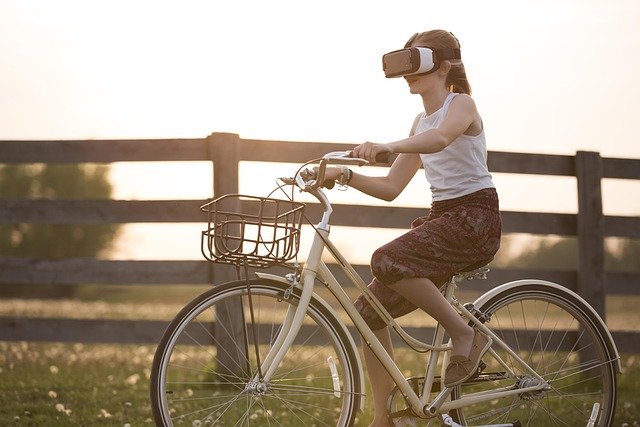It starts subtly, doesn’t it? A quick check, a scroll through your feed, a message exchanged with a virtual friend. Soon, that quick check turns into minutes, then hours. The line between connecting and being constantly tethered blurs. For many, what began as a convenient way to stay in touch has morphed into something else entirely – a dependency, an undeniable pull that feels strangely like an addiction.
Virtual friendships offer an immediate sense of connection, validation, and escape. Likes and comments provide instant hits of dopamine. The perceived ease of maintaining these relationships – a quick message here, an emoji reaction there – can feel less demanding than the complexities of real-life interactions. But this ease can be deceptive. We pour time and emotional energy into these digital connections, sometimes at the expense of the people right in front of us. There’s a constant urge to present a curated version of ourselves, seeking approval in a never-ending stream, and the validation we crave can become a fragile substitute for deeper, in-person bonds.
Social media platforms are masterfully designed to keep us engaged. Notifications ping, algorithms feed us exactly what will hold our attention, and the infinite scroll makes it effortless to lose track of time. This environment is fertile ground for addictive behavior. The fear of missing out (FOMO), the compulsion to constantly check for updates or validation, the feeling of restlessness when disconnected – these are hallmarks of a growing dependency. It’s a cycle: we feel lonely or bored, we turn to social media for a quick fix of connection or entertainment, which provides temporary relief but often leaves us feeling more disconnected or inadequate in the long run, fueling the need to return again.
The dark side of this dependency becomes apparent when it starts to negatively impact our real lives. We neglect face-to-face relationships, our sleep suffers, productivity dwindles, and our mental health can take a hit. Comparison culture on social media breeds anxiety and feelings of inadequacy. The constant need to be on” and available online creates stress. What was meant to be a tool for connection can trap us in a digital cage, leaving us feeling controlled by the need to scroll, post, and react, rather than truly living and connecting in the world around us.



